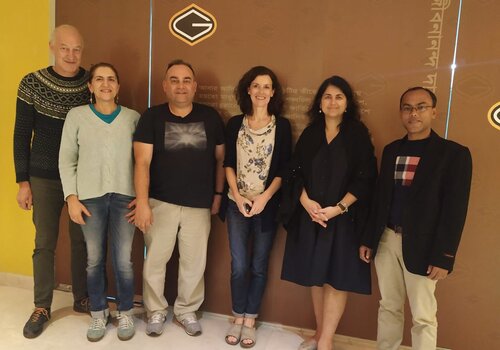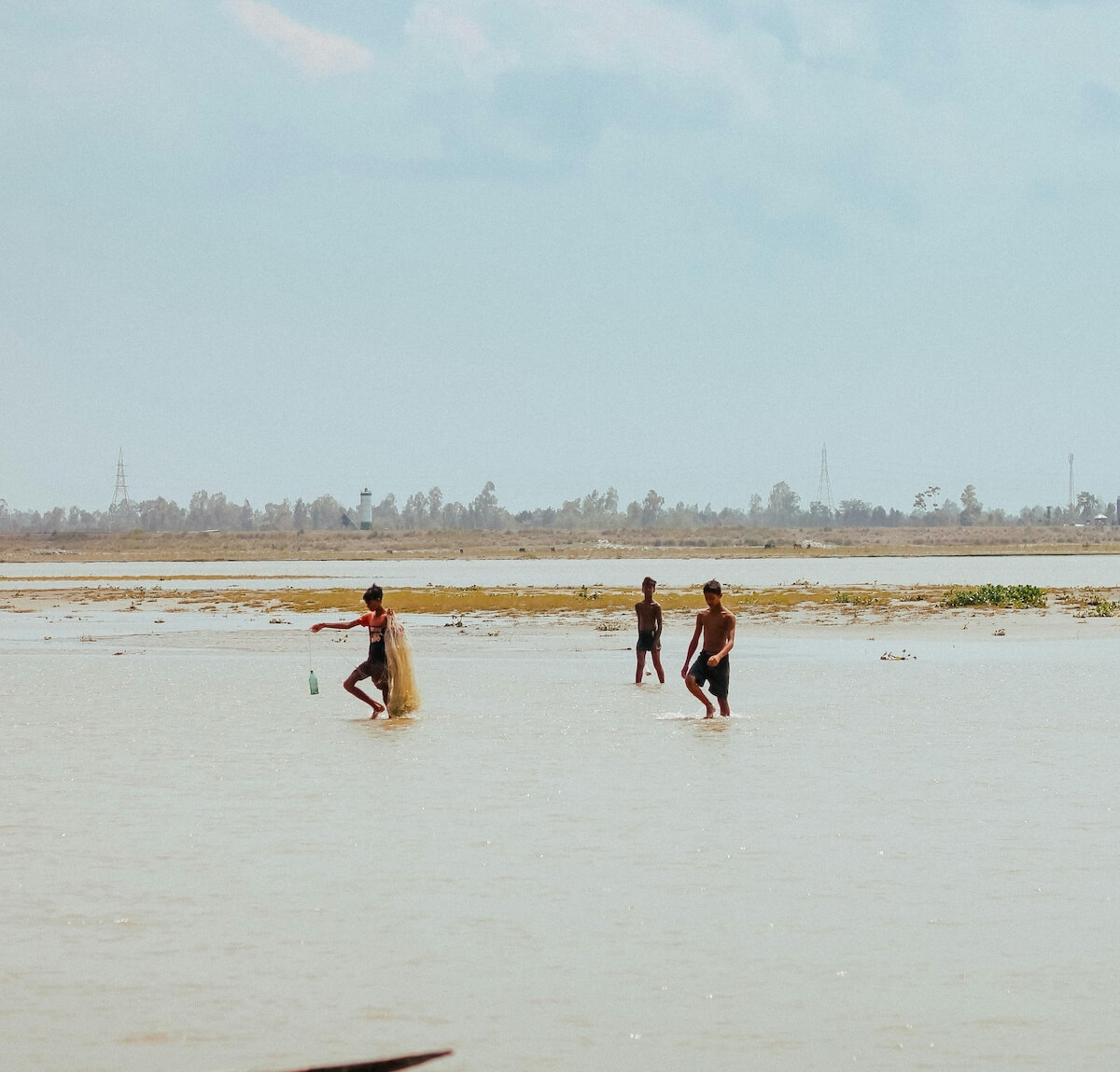





For the programme to have been successful, it was crucial to establish a platform that fosters self-sustainable culture change within the fishing industry in Bangladesh. This objective was achieved by equipping local trainers with the necessary knowledge and tools to conduct training independently. To ensure community relevance, trainers were selected from within the targeted communities and provided with comprehensive training.
Our training programs are designed to adhere to the highest industry standards, following best practices. It ensures compliance with relevant local and international legislative frameworks, such as the Work in Fishing Convention (c.188) and Cape Town Agreement, as well as the International Convention on Standards of Training, Certification, and Watchkeeping for Fishing Personnel (STCW-F 1995).
We understand the importance of effective learning, which is why our training materials were presented in a manner that encourages interaction and comprehension. Where appropriate, we incorporated visual aids and illustrations to facilitate better understanding for fishers.
Bangladesh was selected due to the importance of fish in the local diet, its high number of fishers and the acknowledged dangers of fishing. It also has the shortest coastline in the region, making it ideal for a targeted safety intervention campaign.




Illustrations play a crucial role in conveying learning material effectively, especially in cases where words alone may not suffice. In the context of the training material developed for FISHSAFE2025, they acted as a universal language that transcended cultural and linguistic boundaries.






